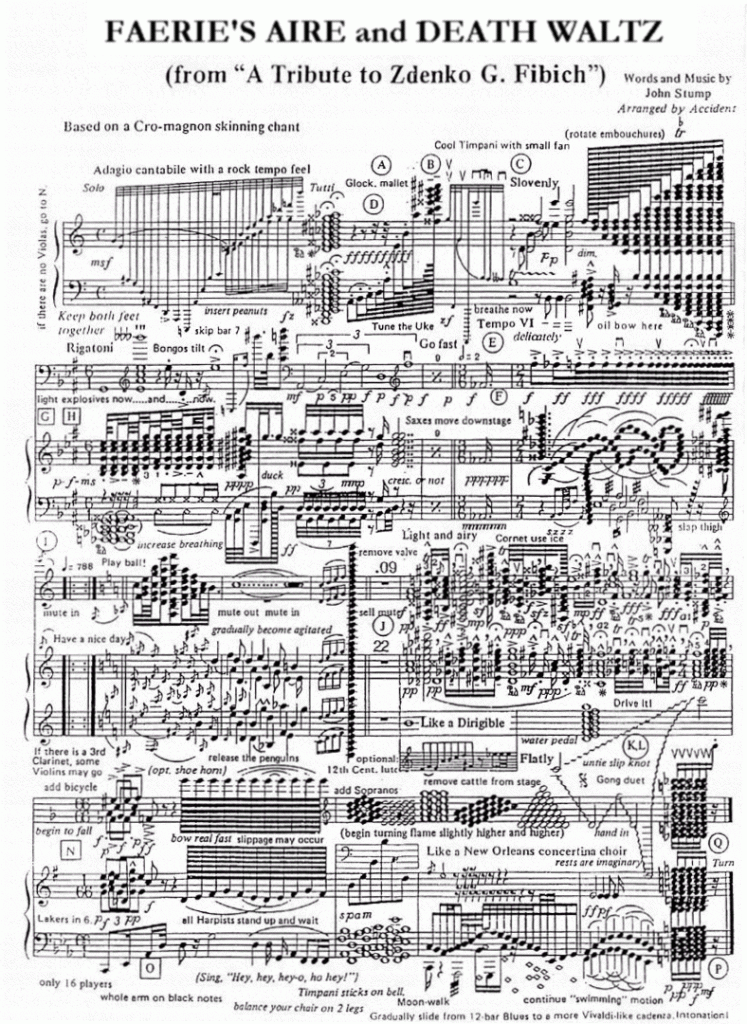Sunset drumming
Last night I road my bike across town to the World's Fair Pavilion in Forest Park in St. Louis to take some photos. I didn't know what I'd find--I assumed I'd be shooting a sunset. It's a spectacular overlook at one of the many edges of one of the largest city parks in the U.S. I did find a compelling sunset, but what was equally compelling was a group of first rate drummers that go by the name of "Soularo," including Nafi Rafat and Marcus Jones. They gave me permission to photograph part of their session.


 As Jones noted hours later, drumming is like heartbeat. That is true, and it is also a powerful elixir, capable of erasing one's woes and filling one with thirst for good-hearted life. That's what seemed clear from watching the dozens of people who were drawn to this spontaneous gathering.
As Jones noted hours later, drumming is like heartbeat. That is true, and it is also a powerful elixir, capable of erasing one's woes and filling one with thirst for good-hearted life. That's what seemed clear from watching the dozens of people who were drawn to this spontaneous gathering.

 Only a few weeks ago, I spent time at this same location honoring the life of Sonny Glassberg, who recently passed away (she was the mother of a friend of mine). She gave substantial financial support to allow the renovation of this extraordinary venue.
Only a few weeks ago, I spent time at this same location honoring the life of Sonny Glassberg, who recently passed away (she was the mother of a friend of mine). She gave substantial financial support to allow the renovation of this extraordinary venue.

